No, this isn’t another “we’re never going back to the way things were” post. We’ve all read plenty about that, and what’s more, we’re living it every day. What we need to talk about now is how to use that new reality to make our organizations stronger and more effective than ever.
Regardless of whether you’re working remote, partially remote, or fully on-premise, the way you do your work has almost undoubtedly changed. From Zoom to flexible schedules to less personal contact, the flow of the work day is different. There is no reason we should expect business to run the same way it did.
You know and have experienced some of the upside of a more autonomous, distributed workplace, and you’ve learned how to get into the “work zone” from wherever we are. Here at HumanQ, we call it work-life synchronicity. It’s less of balancing one with the other, but letting them thrive as they coexist.
We know, though, everything is not amazing. The Great Resignation has put a strain on businesses of all sizes, and mental health declined significantly, with depression and anxiety increasing by 25%. People have adapted to the logistics of new work, but that’s not the full picture.
Like it or not, we see our job as part of our identity. And that identity relies on being part of a larger group. No wonder employee engagement rocketed to the top of everyone’s priority list. But it’s not just about engagement. The future of your employees, and your business, depends on the quality of that engagement.
Cross-discipline communication is crucial
While it has always been important, communication has become a crucial part of employee engagement. But in order for the right work to get done, that communication needs to be open across disciplines. The best or most complete answers don’t always occur within the silos we have created, so we need to be able to have conversations with people in other disciplines. People who have participated in our Group Coaching sessions consistently point to cross-discipline communication as one of their most beneficial takeaways. What that tells us is not only is it helpful, but it’s not regularly happening in a lot of business environments.
Don’t leave the 80% behind
When we don’t see people every day, it’s easier than ever to just assume everything is on the right track. Even before the shift in the workplace, too much focus was given to the top and bottom performers, moving top performers up, and lifting bottom performers to where they should be. It has always been the majority of employees – the 80% – who receive less attention, training, accolades and career development.
Focus on people as much as work
In a workplace where side conversations have gone by the wayside and the water cooler has been retired, it’s easy to forget about the people doing the real work. With one Zoom meeting after another, our focus zooms in on business, and people are left behind. People who are not only crucial to the work being done, but people who are can lead from any position with the right knowledge and encouragement.
In the midst of so much change, it’s easy to concentrate on translating the old workplace into the new environment. Instead, what it needs for long-term success is a shift in mindset, embracing the change as an opportunity to empower your company in ways you never could before.












